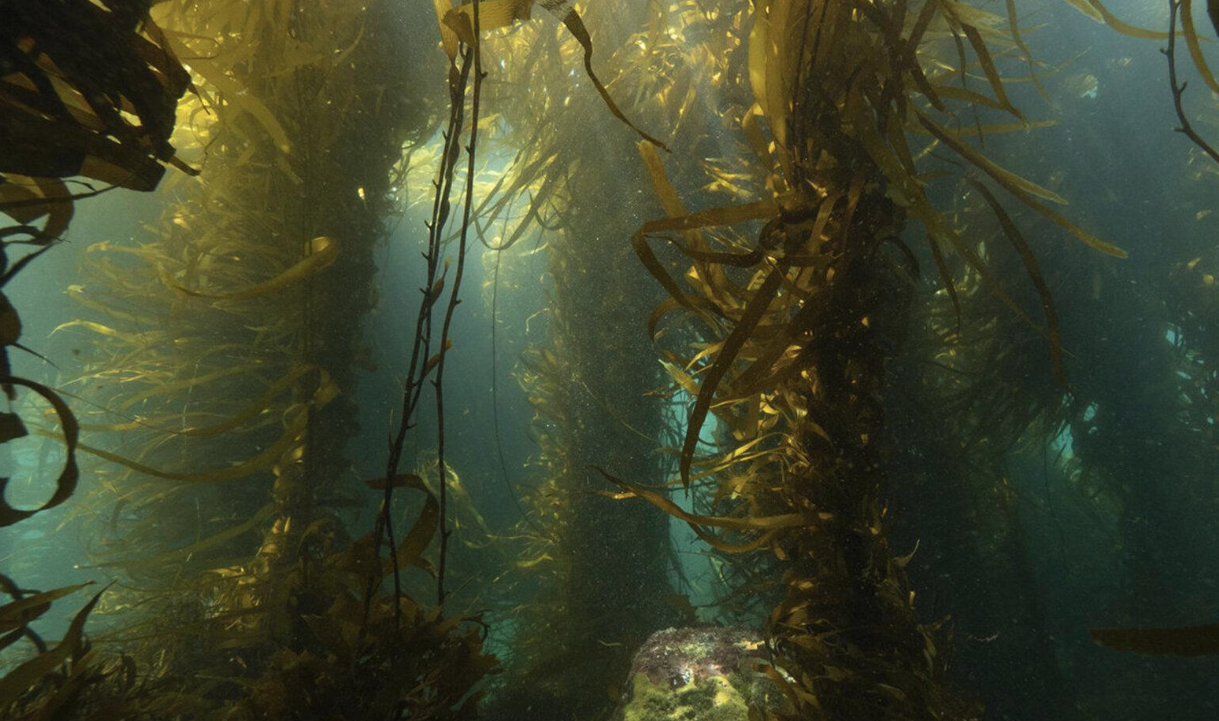


Identifying behaviours to tackle Australia's waste problem
BehaviourWorks Australia is taking a behavioural-focussed approach to tackle Australia’s growing waste problem. By developing a typology of waste prevention behaviours, we are creating a method to identify, track, measure and promote behaviours so Australians can avoid waste altogether.
Australia’s strategies to tackle the growing amount of waste have previously focussed on recycling – relying on our own infrastructure as well as exporting recyclable goods overseas. However, with China’s ban on the import of recyclable waste two years ago, Australia has taken the opportunity to reexamine and redefine how we tackle our growing waste problem.
One strategy is to focus on preventing waste altogether. This is deemed a top priority for the country, as it is an essential means for Australia’s current waste infrastructure to cope with current and anticipated future demands. This also aligns with Target 2 of the National Waste Policy Action Plan that aims to reduce the total waste generated in Australia by 10% per person by 2030.
What’s blocking our progress?
To achieve this goal, it is essential that we are able to understand how much, or how little, Australians are already avoiding waste.
However, Australia still lacks an established method for measuring waste prevention activities. In fact, there is even confusion about what activities of ‘avoiding waste’ are: Avoid and Reuse? Repair? Share? With no clear understanding of how to categorise and measure waste prevention activities, how does Australia plan to achieve its Action Plan?
Combining the findings of our research from various waste-based projects over the years, BehaviourWorks Australia (BWA) will play a crucial role in answering these questions with the Department of Climate Change, Energy, the Environment and Water (DCCEEW).
Where it began: Identifying ‘waste prevention’ behaviours for the Waste and Circular Economy Collaboration
Our formal research on waste prevention began in 2019 when we began a ‘behaviour prioritisation’ activity sponsored by DCCEEW, which became part of the Waste and Circular Economy Collaboration with all our Consortium Partners. Alongside our initial categorisation of recycling behaviours relevant to the program’s delivery, we identified a ‘long list’ of positive ‘waste prevention’ behaviours of interest. These included behaviours such as ‘buy only what you need’ (acquisition), and ‘reusing unnecessary items’ (consumption). The lists were eventually filtered down and measured through a national Adoption Survey.
The Adoption Survey and Prioritisation provided a rigorous investigation into which behaviours need more targeting from policy and behaviour change programs, and which behaviours need less attention (because they are less impactful, or already widely adopted).

Helping our partners tackle waste and creating an impact for local communities
From our initial work in the Waste and Circular Economy Collaboration, our long-list of positive ‘waste prevention’ behaviours provided significant contributions to developing a comprehensive typology of ‘waste prevention’ behaviours as part of a number of projects, including one for the Western Sydney Regional Organisation of Councils (WSROC).
WSROC sought advice on how they can measure and evaluate the effectiveness of their waste prevention education programs and initiatives aiming to reduce the waste generated in Western Sydney households. Our comprehensive waste prevention typology was used to map existing activities in terms of their inferred behavioural targets for waste prevention. It was later adapted to incorporate food waste prevention activities as well.
Taking our insights national with DCCEEW
With our evolving typology of waste prevention and circular economy behaviours, as well as methods for measuring these behaviours and their impacts, our next step was to apply these insights nationally.
Working with DCCEEW, we took the first steps to develop a series of methods to measure outcomes, activities and enablers of waste prevention to accurately track Australia’s progress to reducing the total waste generated in Australia. The typology of behaviours and methods form the National Framework for Understanding, Measuring and Communicating Waste Prevention.
Addressing the problem of food waste
Our work to reduce the production of waste in Australia includes food waste as well. With food waste accounting for more than 5% of Australia’s greenhouse gas emissions, we collaborated with OzHarvest and identified 36 individual food waste reduction behaviours, grouping them under the following related practice categories: ‘planning ’, ‘shopping’, ‘storage’, ‘cooking’ and ‘eating.
The research, which informed OzHarvest’s ‘Use-It-Up’ campaign, garnered nation-wide media attention with households and communities around the country wanting to know more about how they can reduce food waste at home. As the Use-It-Up campaign continues to gather momentum across the country, BWA will be assisting in running surveys to capture the food waste and behavioural impact of the Use-It-Up tape.
Looking beyond waste
In addition to our above work with individual partners, our latest Consortium-sponsored Collaborative Research Program, the Responsible Consumption Mission, hopes to further build on our waste prevention insights. It aims to conduct behavioural public policy experiments to support community and economy-wide adoption of ‘responsible consumption’ behaviours (which include waste prevention). Looking beyond waste generation, it hopes to contribute to a broader Mission goal of reducing per capita material resource consumption in Australia by 15% by 2030 while maintaining community wellbeing & economic resilience.
The Responsible Consumption Mission is ongoing and is welcoming external and public involvement and collaboration in its projects and activities. You can learn more about what the work is and how to get involved in the program by visiting the Responsible Consumption Mission website.



.jpg)





